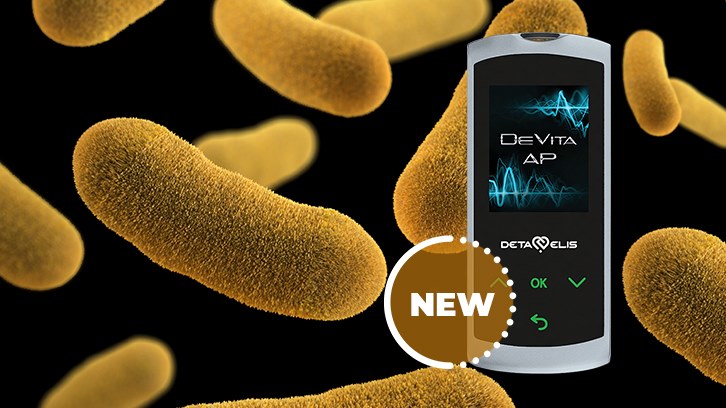Yersinia - one of the representatives of Enterobacteriaceae, which causes inflammation in the small intestine, but can also affect other organs: liver, kidneys, heart, joints. It can be found in the water, in the ground, in the food. They are resistant to low temperatures so they can be stored and multiply in the refrigerator. They can remain in the human body, without causing signs of inflammation, until the immune system is weakened. Then the deterioration begins.
Yersinia infection is an acute anthropogenic intestinal infection, accompanied by a toxic-allergic reaction. Infections in humans are caused by poorly processed pork or contaminated water. Affects humans, cats, deers, pigs, birds, which are also carriers of the disease.
The incubation period of the bacterium lasts up to one week. Causes: General Toxic Syndrome, Spottoblastoid Rash, Indigestion, Hepatosplenomegaly, Arthropathic Syndrome, Development of Acute Appendicitis, Generalized Form of Enterocolitis and Lymphadenopathy.
Diagnosis is based on isolation of the bacterium from biological samples from different biological environments of the patient.
The new program "Without Yersinia" on the DeVita AP Mini device is specifically designed to destroy these micro-organisms without harming the organs and systems of the human body.
Application: Daily, for 2 weeks. (GENERAL LIST OF PROGRAMS 2/No. 47)




